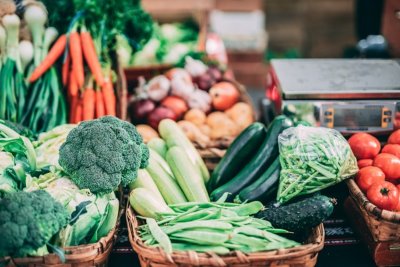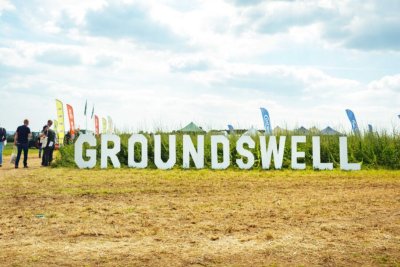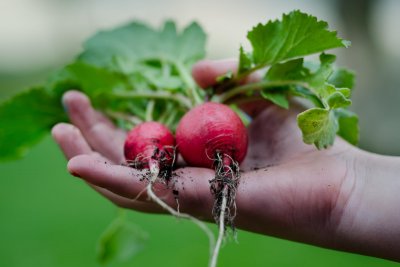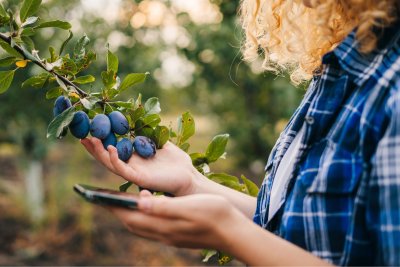The widespread contamination of processed meat products with horsemeat raises many questions about the way animal products are produced and consumed, and their effects on our health and our environment. Some of these issues have been discussed at length in the media and in Parliament, with the horsemeat scandal prompting calls for reform of our food system. These briefing notes provide comments from Sustain, and useful links for people wanting to find out more.
Eating less and better meat is good for our health
It’s a good idea to eat less, and better meat. While eating small amounts of good quality meat and dairy products is not a health problem, and many people enjoy them, there is increasing evidence of links between consuming red and processed meats and diseases such as cancer, heart disease and strokes – particularly when the processed meat products are high in fat and salt. When we do buy meat, we can buy better quality products, which are better for animals and can be better for our health. This is because animals that have more freedom to move around, and eat better diets, have healthier fats in their meat. Also, there is less profligate use of farm antibiotics (see below). The current horsemeat story is a timely reminder that we should all have a healthier and more respectful relationship with meat. Many people are already choosing to cut down, with research showing that the market for “meat-free” foods has grown by a fifth (20%) from 2007 to 2012. Find out more about eating less and better meat at:
• Sustain’s Sustainable Food Guidelines: www.sustainweb.org/sustainablefood/meat_and_dairy_products_less_is_more/
• Compassion in World Farming, the whole truth about cheap meat: www.acompassionateworld.org/2013/02/horsemeat-the-whole-truth-about-cheap-meat/
• Meat Free Mondays: www.meatfreemondays.com
• Part-time Carnivore: www.parttimecarnivore.org
Avoiding intensively produced meat reduces the profligate use of antibiotics
The horsemeat scandal is only the latest of many linked to intensive animal production, and the problems that arise when we treat meat as a cheap, mass-produced product. For example, there has been an alarming rise in new farm superbugs, especially MRSA and E.coli that are passing to humans. Nearly 50% of all antibiotics are used in farming and one of the fundamental causes of food and animal-related antibiotic resistance is factory farming. Yet another compelling reason for us to eat less but better quality meat. Find out more:
• Download the report, produced by Compassion in World Farming, the Soil Association and Sustain: Case Study of a Health Crisis: Human health under threat from overuse of antibiotics in farming at: www.sustainweb.org/publications/?id=198
Buying local shortens the supply chain and supports better farming
Two of the problems raised by the current horsemeat story are the long and complicated supply chains and the highly processed nature of the meat. If you can, buy high quality fresh or frozen meat from a local farmer, farmers’ market or local butcher. It is more likely that you will be eating meat reared to higher standards and with clearer information on where it has come from. Food businesses, caterers and consumers can also opt for RSPCA Freedom Food and Organic certified meat, which is independently accredited and inspected as having been raised to higher standards, and free-range poultry, for which the standards are defined in law. You can spend the same amount of money as your normally would on meat products, but just buy a bit less. You can also feel more confident that the farmer has been paid a better price for the animal products they provide, which means they can invest in quality. Find out more about eating higher quality and locally produced food at:
• Sustain’s Sustainable Food Guidelines: www.sustainweb.org/sustainablefood/eat_the_seasons/
• Making Local Food Work: www.makinglocalfoodwork.co.uk
• Directories of local and sustainable food and where to buy it: www.sustainweb.org/foodlegacy/local_and_sustainable_food_directories/ - including Sustain’s Local Food Finder: www.localfoodfinder.org
• National Association of Farmers’ Markets: www.farma.org.uk
• In London: London Farmers’ Markets: http://www.lfm.org.ukMaintaining
Maintaining good regulatory control is key to safety and traceability
Sustain is very concerned about the decline in independent Public Analysts and local authority trading standards and environmental health officers. Animal products is where many of the risks in the food chain are concentrated - and the incidence of contamination, disease and even fraud have been familiar stories over several decades. A strong and independent inspection regime is therefore crucial. The horsemeat story has shown that integrity and trust in our food cannot be maintained by the industry - supermarkets and meat processors - inspecting themselves. Publicly-funded independent checks are critically important. For more information, see the websites of:
• Association of Public Analysts: www.the-apa.org.uk
• Chartered Institute for Environmental Health: www.cieh.org.uk
• Trading Standards Institute: www.tradingstandards.gov.uk/advice/index.cfm
Putting good food at the heart of education is vital
Our food culture needs to move away from junk foods. Good food in schools, and good food education have a vital role to play in helping children understand the benefits for their health and their environment. The proposed reintroduction of cooking and food-growing skills into the national curriculum is very welcome (subject to a Government consultation launched in 2013). However, the removal of school dinner standards from Academy Schools by Education Secretary Michael Gove should be a matter of grave concern to everyone who cares about children’s health. Without clear standards, cash-strapped schools and caterers are likely to return to the bad old days of using low-grade, cheap processed meat for school dinners – just the sorts of products that are now being highlighted in the current horsemeat scandal. Standards are needed to protect children’s health – please add your voice to the growing number of people who are calling for reinstatement of good food standards for children: www.sosfood.org.uk and www.childrensfoodcampaign.org.uk.
School caterers and local authorities can also improve the quality and traceability of the food served to children by adopting Food for Life Catering Mark standards, which are now applied in a fifth of the UK’s schools, see: www.sacert.org/catering/schoolcaterers
Improving food labelling helps people make informed choices
The horsemeat scandal has demonstrated how little most of us know about where our food comes from. We have been let down by large organisations whose convoluted supply chains mean there is often little knowledge of what the meat is and how it is produced. Sustain warmly welcomes the 'Labelling Matters' campaign. This brings together Compassion in World Farming, RSPCA, Soil Association, and World Society for the Protection of Animals. They are campaigning for all meat and dairy products sold in the European Union to be clearly and honestly labelled to show the farm system used to rear the animal. Labelling is an important way to allow people to play their part in raising standards of farm animal welfare. The Labelling Matters Campaign promotes method of production labelling, which already exists on eggs, as the best way for shoppers to answer the simple question, 'How was this animal kept?'
For details visit: www.labellingmatters.org
See also Sustain’s publications on food labelling at: www.sustainweb.org/labelling/publications/
For enquiries, please contact Sustain on 0203 5596 777 or email: sustain@sustainweb.org
Sustain: The alliance for better food and farming works with its members to advocate food and agriculture policies and practices that enhance the health and welfare of people and animals, improve the working and living environment, promote equity and enrich society and culture. It represents around 90 national public interest organisations working at international, national and regional and local level. For more information, visit: www.sustainweb.org
Sustain: Sustain The alliance for better food and farming advocates food and agriculture policies and practices that enhance the health and welfare of people and animals, improve the working and living environment, enrich society and culture and promote equity.








